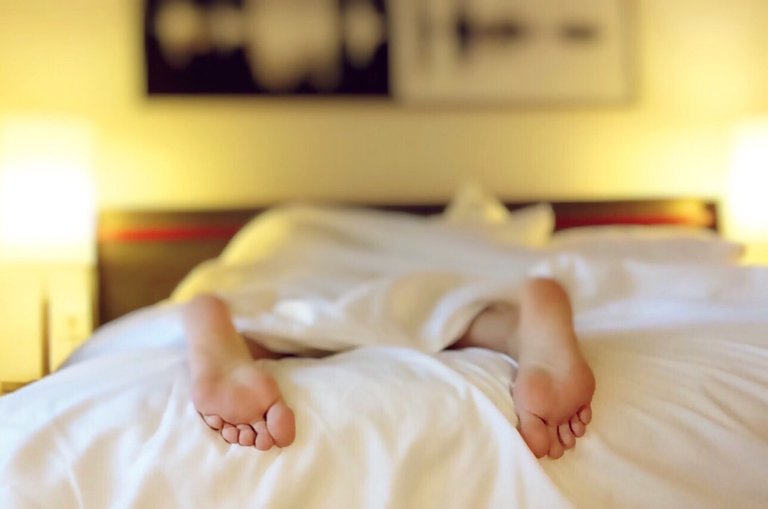
Life changes drastically for college students. They no longer have to abide by their parent’s rules when they live away from home and can be tempted to have a bunch of fun while getting less sleep. Learning how to balance all of the activities in their lives can lead to a better GPA.
How Sleep Affects GPA
College students have much more responsibilities in their lives to manage as they see fit—they have much more to worry about than the pesky “freshman 15” in gaining some weight due to eating habits at school. Skimping in the sleep department to manage other activities is shown to lower the GPA in students. College students are always on the go and with only 24 hours in a day, they may skip some sleep to take care of other things. College students are some of the most sleep deprived populations. Most do not sleep enough to feel well rested on a weekly basis or even on a five-day week. Without enough sleep, you will not be able to fix and consolidate memories that you need to organize for tests and studying. A lack of sleep can also decay your memories that you really need to keep your grades up.
College Students Sleep Studies
Studies on college students sleeping habits reveal that sleep and grades are directly related to each other. They were split into regular sleepers and irregular sleepers based on the documented sleep schedules for a month. Very regular sleepers were given a score of 100 and the very irregular sleepers a score of 0. For every increase of a 10 in sleep regularity, the students were found to increase their GPA by 0.10. So, staying up to pull an all nighter and cram for an exam is found to actually lower their overall scores. Irregular sleepers have a delayed release of melatonin that controls the sleep and wake cycle, making it harder to get sleep when you need it most. When an irregular sleeper stays up late and gets less rest than they need, the melatonin is released into the body too late and it changes the sleep and wake pattern by up to three hours. Irregular sleepers have less exposure to light in the day and more at night from televisions, computers, tablets and cell phones. This can also interrupt your sleep cycles.
7 Tips to Improve College Students Sleep
1. Consistent Sleep Cycle
Put yourself on a schedule so your wake and sleep cycle is restored and you can rest as you need it. Decide what time to wake up and to go to bed with a realistic schedule. It can help to set a clock to get up at the same time every day. Try to schedule all of your classes to start at the same time each day if possible. This will keep your variations to a minimum. Try not to sleep in very late on weekends so you can keep your body regulated. You can also set an alarm to tell you when you need to go to bed at night, because it is so easy to not notice the time when you are studying or goofing around online.
2. Controlled Body Temperature
Most people sleep better in a cool environment as it promotes snuggling under the covers. Keep the temperature in your room comfortably cool and use high thread count sheets in the summer to feel soft and cooler at night. Change your sheets to flannel ones for the winter for the ultimate in softness and warmth. Most people fall asleep quicker if they have warm feet no matter what time of the year. This is probably related to when we were newborns and were put to bed with footed pajamas. Try putting socks on your feet before you go to bed to get to sleep much faster.
3. Darken the Bedroom
A dark room helps everyone go to sleep quicker and stay asleep so they have a better quality of sleep. If your schedule dictates that you sleep some during daylight hours, and then invest in room darkening shades so it appears dark in your room. This will help your body’s natural clock to allow you to sleep while it is still light outside.
4. Exercise Regularly
Get some exercise every day if at all possible. This will help you to rejuvenate your body the next day and it helps you to fall asleep and nourish your body at night. You can park across campus from your first class and walk there to get some easy exercise every day.
5. Limit Naps
Try not to take naps during the day. If you must because you are exhausted, try to set an alarm and only nap once a day for a maximum of 30 minutes. Make certain your naps are not close to bedtime, or you won’t sleep well that night and you will get your body’s sleep cycle out of sync.
6. Get Morning Sunlight
Wake up a bit earlier than you have to and enjoy some sunlight. Sunlight in the morning helps trigger your brain to stay alert and awake and it also helps you to ease into a better night’s rest.
7. Avoid Caffeine
Avoid caffeine late in the afternoon. Most students drink a lot of coffee to get focused, but if you drink it too late in the afternoon, it can prevent you from falling asleep or can wake you to go to the bathroom at night. Try some of these tips to get better sleep while you are in college and perhaps even raise your GPA a few points. You are there to learn and have some fun while at it, but you really need to take care of your health through sufficient sleep.
Resources:
https://studentlife.umich.edu/parents/article/successful-students-tend-sleep-more
http://www.cnn.com/2017/06/12/health/student-sleep-grades-study/